Please consider:
dalist={{1, 2, 3, 4, 5, 6, 7, 8, 9, 10},
{2.88`, 2.04`, 4.64`,0.56`, 4.92`, 2.06`, 3.46`, 2.68`, 2.72`,0.820},
{"Laura1", "Laura1", "Laura1", "Laura1", "Laura1",
"Laura1", "Laura1", "Laura1", "Laura1","Laura1"},
{"RIGHT", 0, 1, 15.1`, 0.36`, 505, 20.059375`,15.178125`, ".", "."}}

The actual dataset is about 6 000 rows and 147 columns. However the above reflects its content. I would like to compute some basic statistics, such as the mean. My attempt:
Table[Mean@dalist[[colNO]], {colNO, 1, 4}]

How could I create a function such as to:
Avoid non-numerical values and
Count the number of non numerical values found in each lists.
I have not succeeded in finding the right pattern mechanism yet.